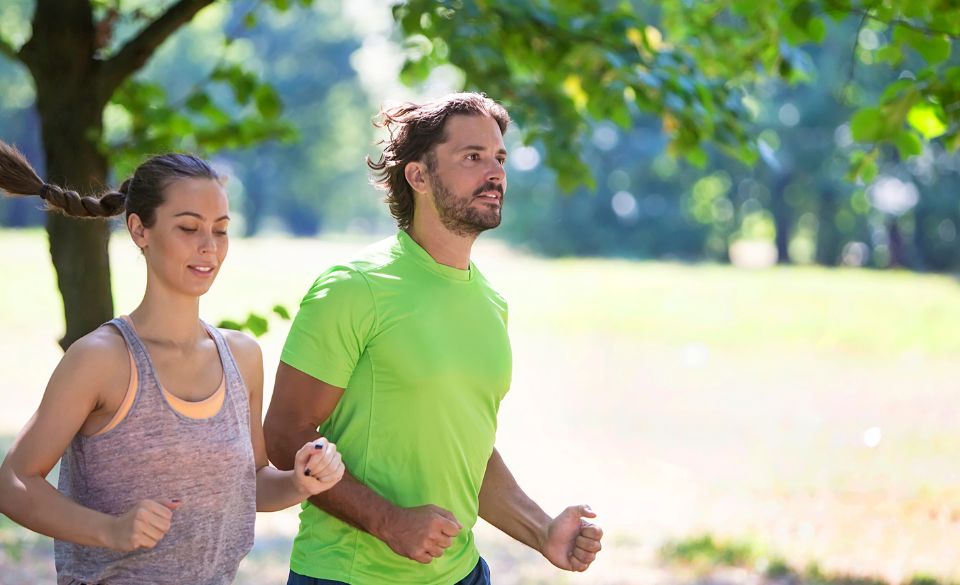
Can Runners Hold Their Breath Longer?
Page Contents
If you’ve ever seen runners take off at a sprint, you might wonder if their exceptional cardiovascular endurance also extends to their ability to hold their breath. It’s a fascinating question that has piqued the interest of many researchers and athletes alike. In this blog post, we’ll delve into the science behind breath-holding abilities in runners and explore some of the studies that shed light on this intriguing topic.
The Connection Between Running and Breath-Holding
At first glance, running and breath-holding might not seem related at all. After all, when you see runners in action, they are often taking deep breaths to fuel their muscles with oxygen and keep up their pace. However, the link between these two seemingly disparate activities lies in the physiology of the human body.
Studies have shown that runners tend to have better lung capacity and efficiency compared to sedentary individuals. Their regular cardiovascular training helps strengthen their respiratory muscles, increases lung volume, and enhances oxygen exchange efficiency. Consequently, these adaptations may play a role in their breath-holding capabilities. The question then arises: Can these athletic individuals hold their breath longer due to their well-trained respiratory systems?
Studies on Runners’ Breath-Holding Abilities
Several studies have explored the breath-holding capacities of runners and other athletes. One particular study conducted on a group of long-distance runners found some interesting results. It revealed that compared to a control group of non-runners, the runners had a significantly longer breath-holding time on average. This outcome suggested a potential correlation between running and breath-holding capabilities.
In another study involving a diverse group of athletes, including runners, swimmers, and cyclists, researchers observed that athletes, in general, tended to have longer breath-holding times than non-athletes. However, when comparing different types of athletes, the researchers did not find a significant difference between the groups. This implies that while regular physical activity might have a positive impact on breath-holding ability, the type of athletic activity may not be the sole determining factor.
The Role of Training and Technique
While the existing studies shed some light on the potential relationship between running and breath-holding, it’s crucial to consider the role of training and technique. Runners who actively practice breath-holding exercises or engage in sports that require breath control (such as free diving) may experience more significant improvements in their breath-holding capacities.
Moreover, a runner’s efficiency in managing breath during exercise can vary depending on their running technique. Some athletes are trained to breathe rhythmically with their stride, while others may adopt specific breathing patterns to optimize performance and reduce fatigue. These techniques could also influence their ability to hold their breath for extended periods.
Conclusion
In conclusion, while there appears to be a connection between running and breath-holding abilities, it’s essential to recognize that breath-holding is a complex physiological process influenced by various factors. Regular running and aerobic training can contribute to better lung capacity and respiratory efficiency, potentially leading to longer breath-holding times for some runners. However, the extent of this correlation may vary depending on individual training, techniques, and other factors.
If you’re a runner looking to improve your breath-holding capabilities, incorporating specific breath-holding exercises into your training regimen might be worth exploring. Nevertheless, it’s vital to do so safely and consult with a fitness professional to ensure you’re adopting appropriate techniques.
Overall, the connection between running and breath-holding is an exciting area of research that opens the door to a deeper understanding of the human body’s incredible adaptability. As science continues to explore this field, we may uncover more insights into the interplay between physical activity, respiratory health, and breath control. So, the next time you see a runner dashing by, you can appreciate not only their impressive endurance but also their potential for mastering the art of breath control.



